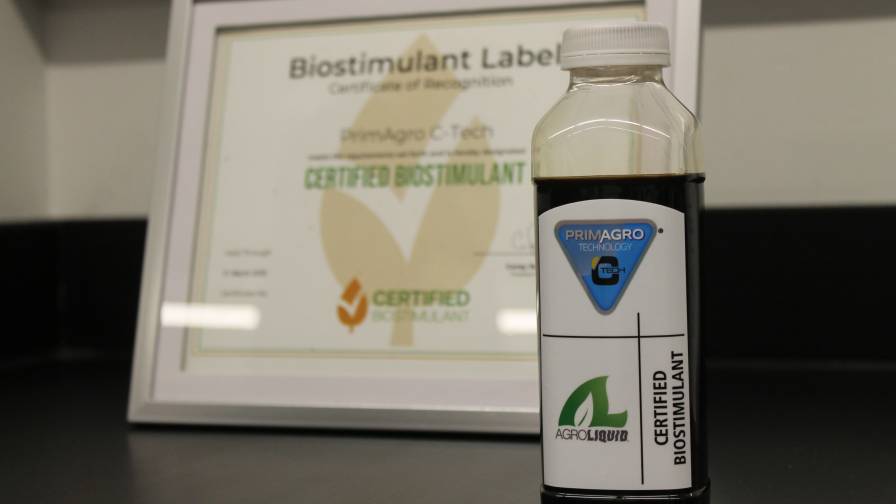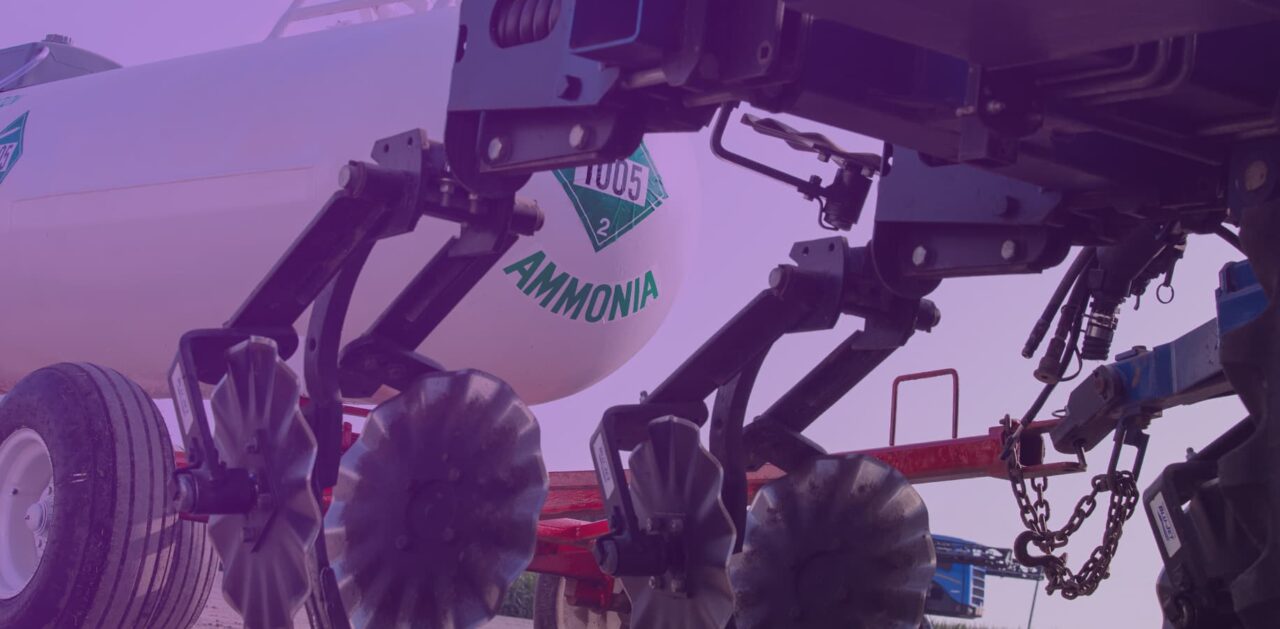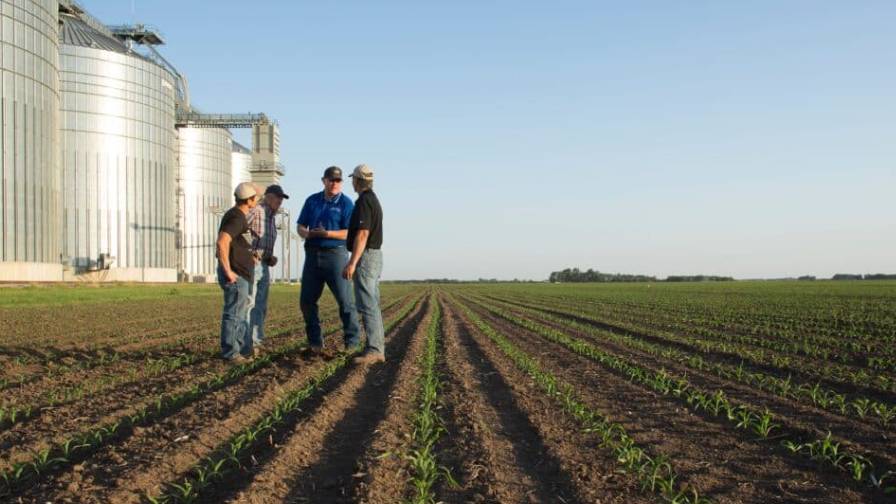Modern Corn Hybrids More Resilient To Nitrogen Stress
Modern corn hybrids produce more plant material and take up, on average, the same amount of nitrogen as earlier varieties, in spite of being more crowded and having less nitrogen available per plant, reports Natalie van Hoose on Ag.Purdue.edu/AgAnswers.
In an analysis of 86 field experiments, agronomists found that corn hybrids released after 1990 prove more resilient than their predecessors in multiple ways.
Modern hybrids maintain per-plant yield in environments with low nitrogen, can bounce back from mid-season stress and have an improved ability to take up nitrogen after silking, even if they suffered from nitrogen deficiency during flowering.
The study suggests reserving a portion of nitrogen fertilizer to apply later in the season could be a good bet for growers, said Tony Vyn, professor of agronomy.
“This is like insurance,” he said. “Previously, withholding some of your nitrogen for later could be perceived as a risky venture – you don’t want to inadvertently cause nitrogen deficiency. But this paper suggests that with modern hybrids, that risk is lower.”
Nitrogen is an essential building block of plant proteins and plays a vital role in boosting grain yields. It’s also notoriously mobile, said Sarah Mueller, doctoral student in agronomy and first author of the study.
Sarah Mueller”Once that nitrogen is in the soil, you start losing it,” she said.
Growers want to keep the costly fertilizer in their fields and crops and prevent the loss of excess nitrogen to the atmosphere and water systems where it can cause environmental damage. But synchronizing nitrogen applications with plants’ nitrogen uptake remains a challenge.
Read the full story on Ag.Purdue.edu/AgAnswers.






